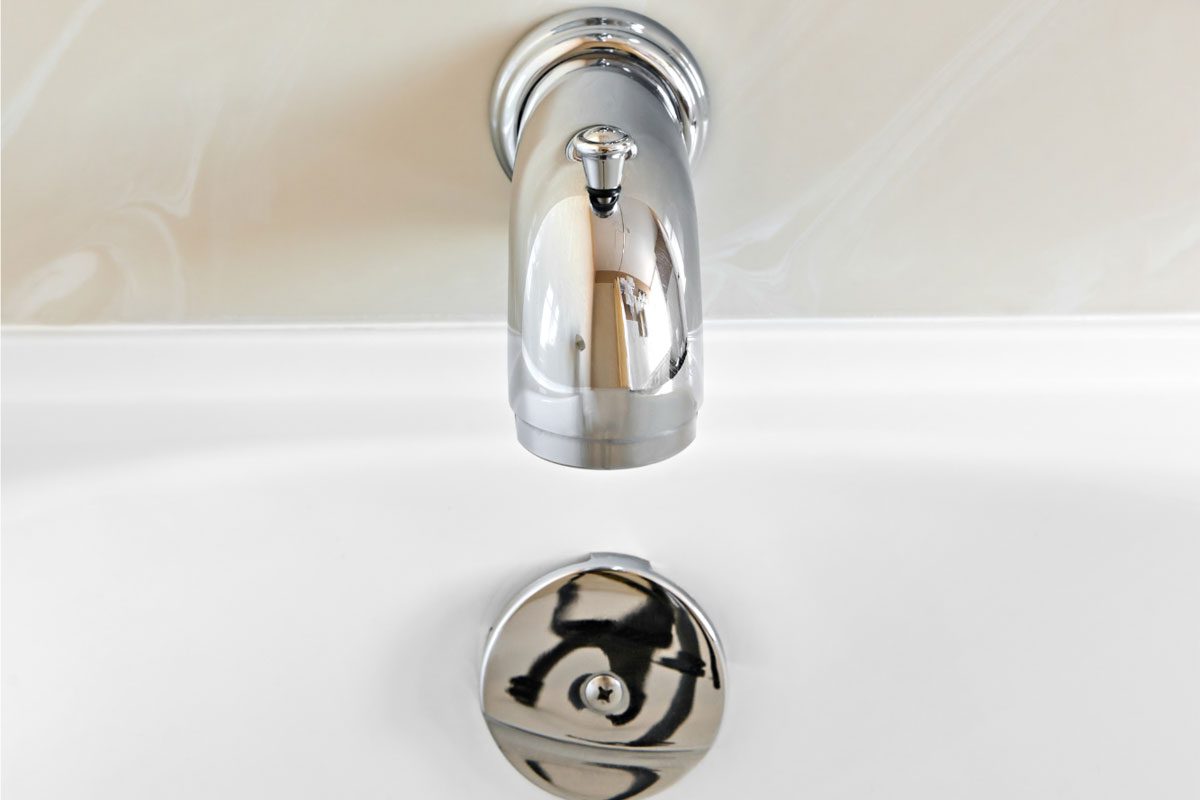The sound of sputtering faucets and the sudden burst of air in plumbing pipes can be perplexing for homeowners. The presence of air in plumbing systems is caused by various factors and resolving the issue depends on identifying the specific cause. In this blog post, we’ll unravel the mystery behind what causes air in plumbing pipes, exploring the common culprits and shedding light on how to address this issue.
The Culprits Behind Air in Plumbing Pipes
1) Water hammer
Water hammer occurs when there is a sudden change in water flow, causing pipes to vibrate or shake. This phenomenon can create air pockets in the plumbing system. The rapid stoppage or redirection of water, often associated with quickly closing valves or abrupt changes in water direction, leads to pressure fluctuations and the introduction of air.
2) Leaks in Pipes
A more serious and potentially damaging cause of air in plumbing pipes is leaks. When there’s a breach in the pipe system, air can infiltrate. Detecting and repairing leaks promptly is crucial to maintaining a properly functioning plumbing system.
3) Poorly Vented Systems
Inadequate venting is another common factor contributing to air accumulation in plumbing pipes. Venting allows air to enter the system and helps maintain proper pressure. When vents are blocked or insufficient, negative pressure can develop, drawing air into the pipes and causing disruptions in water flow.
4) Water Heater Issues
Sediment buildup in water heaters can lead to air being trapped in the tank. As water is heated, bubbles of air can form and become trapped at the top of the tank. When hot water is drawn, these air bubbles may be released into the plumbing system, causing sputtering and noise.
Addressing the Issue
1) Regular Maintenance
Conduct regular inspections of your plumbing system to identify and address potential issues before they escalate. Look for signs of leaks, corrosion, or poor venting.
2) Water Hammer Arrestors
Installing water hammer arrestors can help mitigate the impact of sudden water flow changes. These devices absorb the shock, preventing pressure fluctuations and reducing the likelihood of air entering the pipes.
3) Proper Ventilation
Ensure that your plumbing system has adequate ventilation. Blocked or poorly positioned vents should be corrected to maintain proper air balance in the pipes.
4) Flushing the Water Heater
Periodically flush your water heater to remove sediment and air pockets. This simple maintenance task can contribute to a more efficient and air-free plumbing system.
Conclusion
Understanding what causes air in plumbing pipes is the first step towards resolving this common issue. Whether it’s water hammer, leaks, ventilation problems or water heater issues, timely detection and appropriate maintenance can keep your plumbing system functioning smoothly. By addressing these culprits, you can enjoy a quieter, more reliable, and efficient plumbing experience in your home.

